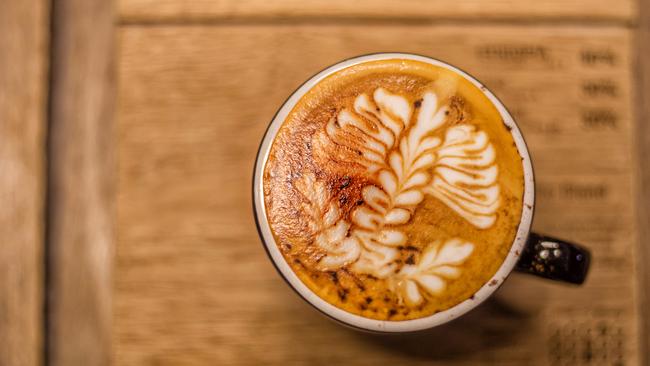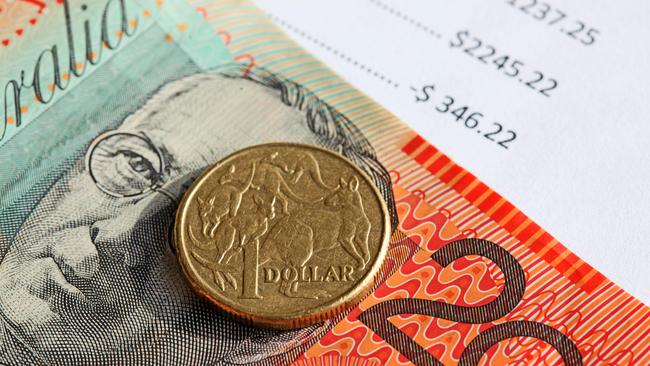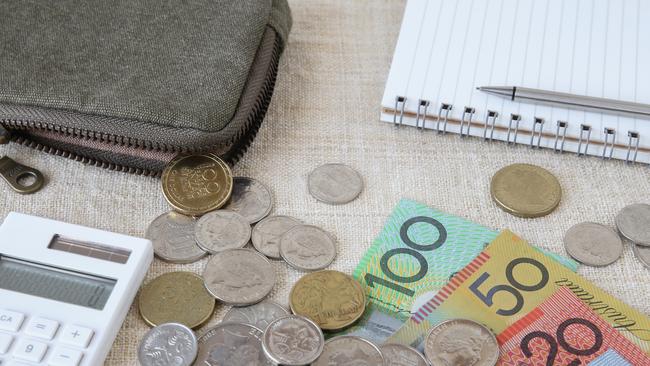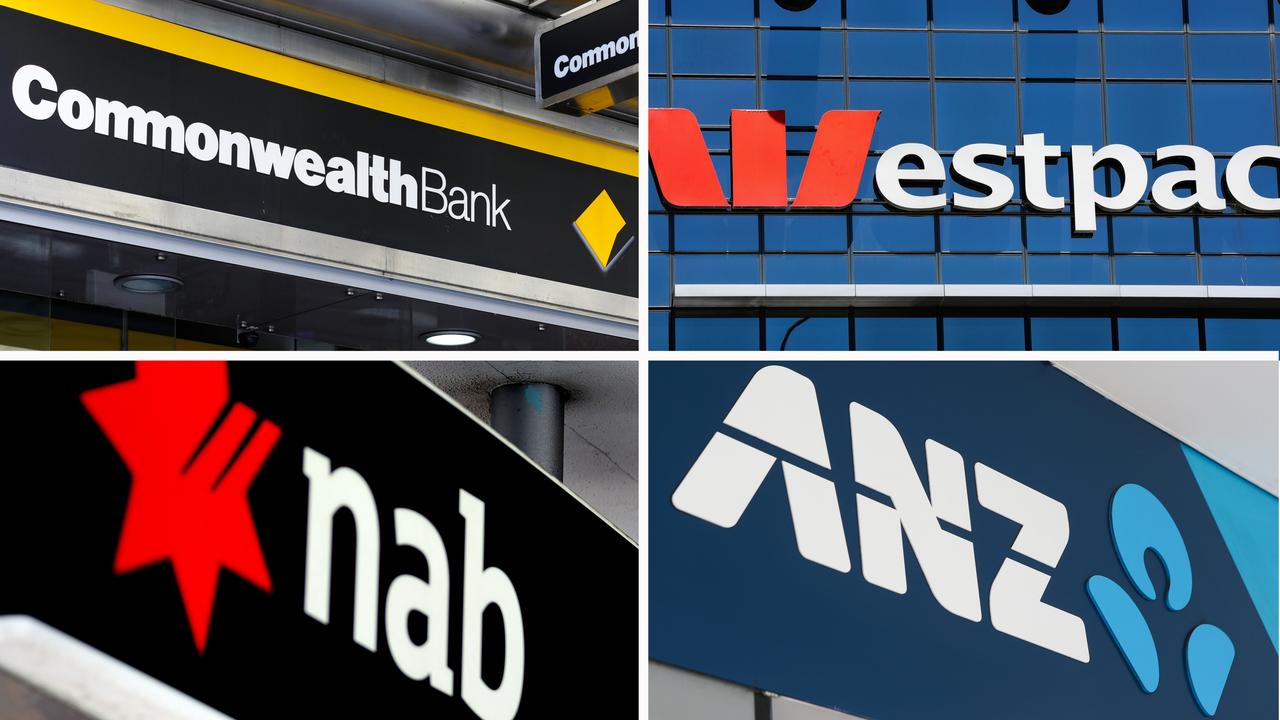How your next coffee could shape your future
AS CARDS continue to replace cash as Aussies’ preferred payment method, it is becoming possible to save money without even thinking about it.

Banking
Don't miss out on the headlines from Banking. Followed categories will be added to My News.
IMAGINE if every coffee you bought could help you to save for a dream holiday or a deposit for a home.
That is what’s being offered as part of a new savings trend — called round-ups — which is becoming more mainstream by the day.
Basically, the innovation takes the virtual change from your card and phone purchases and deposits it into a savings, superannuation or investment account. So, say you spend $3.50 on a coffee, your account could round this up to $4 and deposit 50c into your savings, superannuation or investment account.
With ING’s new Everyday Round Up, customers can round up to the nearest $1 or $5 and the extra amount is automatically shifted into an ING Savings Maximiser account where it earns interest.

So, if you chose the $5 option that same $3.50 coffee would add $1.50 to your savings. Based on buying one coffee a day, you could add up to $390 to your savings a year without even realising it.
It will come as good news for young Aussies, who have been accused of spending too much on expensive coffee and smashed avocado on toast — rather than saving for a deposit.
The bank, which has 770,000 customers with Orange Everyday accounts, said 40,000 of them had signed up for round-ups in the first week, saving a collective $200,000.
Round-ups mean we can save without even thinking about it. Which is handy because humans are hardwired to favour immediate gratification over long term goals, and that can make saving tricky, even if we earn enough to be able to conserve cash.
Economics expert, Professor Robert Slonim said the main psychological barrier people faced when attempting to save was a bias towards short term rewards over longer term pay-offs — a phenomenon called ‘present bias’.
“We tend to focus a lot of our attention and energy on the benefits we receive in the present and we tend to discount very heavily what’s happening in the future,” he said. “We see this with savings and with many other decisions.”

When faced with the choice of getting $20 now or $30 next week, most people will opt for the immediate, but lesser, reward.
Head of Product at ING, Tim Newman, said the innovation was a reaction to Aussies turning away from cash in preference for cashless payment systems such as PayPass, payWave and Apple Pay.
He also said that Australians hated change and the new system was a way of turning change into something beneficial, rather than being forgotten or thrown away.
Research from the bank shows Aussies collectively lose $466 million per year in loose change — or $38.85 million a month.
The research, which quizzed 1000 Australians, found 93 per cent of people admit to throwing away five cent coins and 29 per cent have thrown away 10 cent pieces.
“The research shows that we’re literally throwing away money by paying with cash. Those loose coins could be adding up to a tidy sum but most of us don’t even think twice about them,” Mr Newman said.
“With our new Everyday Round Up tool we’re encouraging customers to boost their loose change instead of losing it.
“It’s ironic that many people will actually throw away their spare change however, get
satisfaction out of finding money.

“Not only can contactless payments ensure you’re not carrying loose change, contactless also ensures you’re not losing or throwing your money away.”
WHICH OTHER BANKS OFFER ROUND-UPS?
There are also round-up services at P&N Bank, investment app Acorns and superannuation product GROW Super.
Acorns was arguably the first to use round-ups technology in Australia when the controversial financial app landed last year.
It uses artificial intelligence to predict what you spend before the cash even leaves your wallet and will advise how much money you’ll have at the end of the month. The ‘robo-budget’ technology also identifies whether you’re splashing too much on entertainment, eating out and shopping.
The service has been criticised as it includes a yearly fee of $15 to access the platform.

P&N’s service also have a round up service which even allows you to sweep savings directly into your superannuation or mortgage accounts — whereas, with ING, this has to be done manually or through direct debit.
ING’s round-ups are only available for the Savings Maximiser, which earns 2.8 per cent if you deposit at least $1000 a month.
CUA has a service called Savings top-up which allows customers to add between 50c and $5 to their savings accounts every time they spend over $10 on their card.
There is also UBank’s “sweep” technology for a linked transaction and savings account which allows you to set the minimum and maximum amounts you’d like to have in your transaction account.
When the balance falls below your minimum, the sweep function will top it up from your savings and if it goes above your maximum, it will send the excess money back to savings.
Originally published as How your next coffee could shape your future



